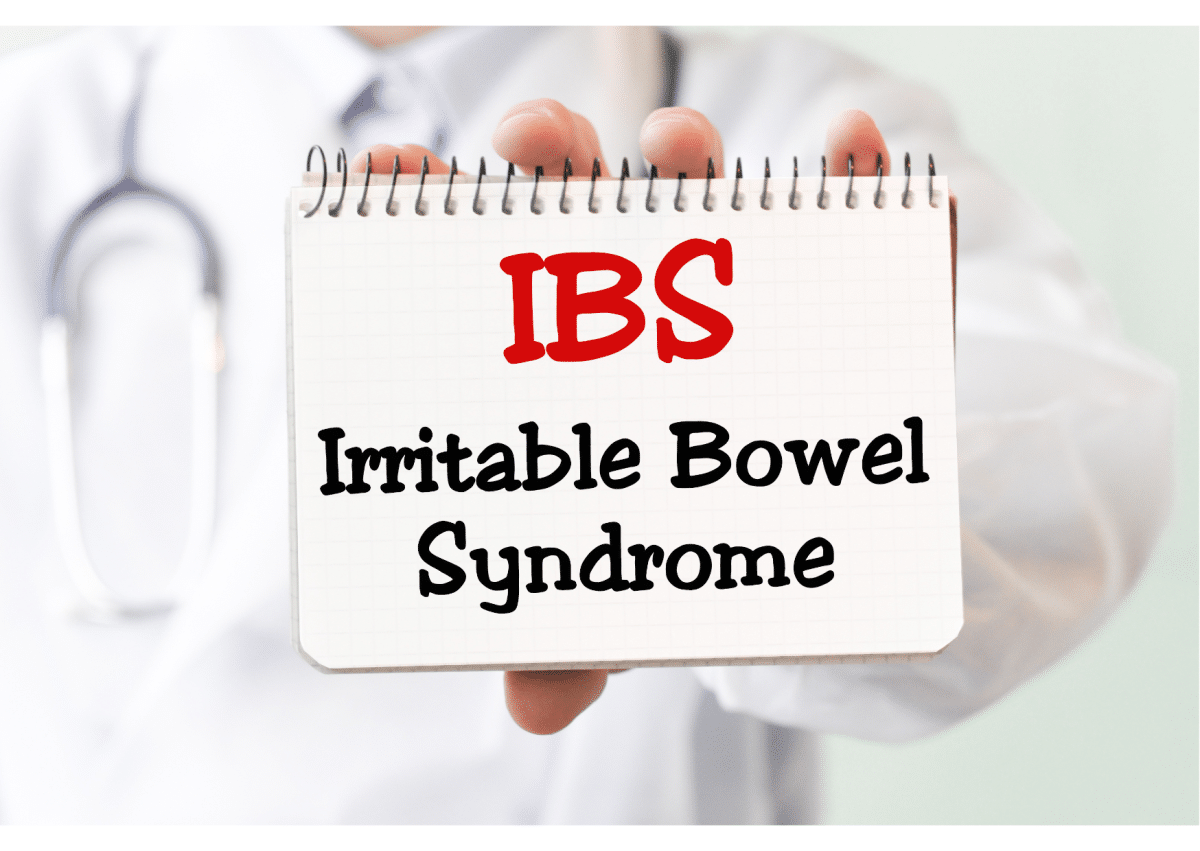Mediterranean diet for IBS (includes easy tips & recipes)
- Dietary Advice (non Low FODMAP)
Is the Mediterranean diet for IBS helpful? You will find out in no time!
The Mediterranean diet is habitual for people living in countries bordering the Mediterranean Sea, such as Greece, Italy, Spain, and Croatia.
This article will discuss the characteristics of the Mediterranean diet and whether it helps IBS.
At the bottom of the article, you will also find delicious low FODMAP Mediterranean diet style recipes.

What is a Mediterranean diet?
The Mediterranean diet is a pattern based on whole, minimally processed foods that incorporate a variety of nutrient-dense ingredients (1).
The foundation of the Mediterranean diet consists of the daily consumption of:
- A variety of fruits and vegetables (such as strawberries and tomatoes)
- Wholegrains (such as oats and buckwheat)
- Olive oil (the primary source of fat)
- Nuts and seeds (such as walnuts and sesame seeds)
- Legumes and pulses (such as peas and chickpeas)
- Dairy (such as Greek yogurt)
On a weekly basis, the Mediterranean diet includes:
- Fish and seafood (such as sardines and mackerel)
- Poultry
- Eggs and cheese
- Small amounts of lean red meat (such as veal)
The Mediterranean diet occasionally includes a glass of red wine with meals.
Limited foods (but not forbidden) in the Mediterranean diet are:
- Processed meats
- High sugar sweets
- Sugary drinks
The Mediterranean diet is not only a diet. It is rather a lifestyle, as it suggests (1):
- Having family-style meals
- Socializing
- Consuming local and seasonal foods
- Regular physical activity
Is the Mediterranean diet useful for people with IBS?
The guidelines for IBS management suggest dietary advice is the first-line approach to controlling IBS (2).
The Mediterranean diet is abundant with whole foods, providing sufficient fiber and nutrient intake, which is crucial for wellbeing and could benefit IBS.
A study from 2024 compared two groups of people with IBS: one that followed the Mediterranean diet and the other that was a control group (3).
After six weeks, people who followed the Mediterranean diet significantly improved their symptoms and had better results than the control group (3).
Improvements included (3):
- Less pain and fewer days of pain
- Less distention
- Less constipation and diarrhea
- Less tiredness
- Less incomplete evacuation
The Mediterranean diet encourages healthy eating habits and plant-based diversity. It is relatively easy to follow and has a positive impact beyond IBS symptoms.
Other benefits of the Mediterranean diet:
- Reduces the risk of cardiovascular diseases (4)
- Reduces the risk of neurodegenerative diseases (5)
- Reduces the risk of certain cancers (6, 7)
The low FODMAP Mediterranean diet for IBS
The research suggests that the low FODMAP diet is effective for managing IBS (8). As seen in a previous study, the Mediterranean diet also improves IBS symptoms (3).
Therefore, following both diets has the potential to improve IBS symptoms significantly.
However, so far, we do not have research evidence about the effectiveness of combining both diets for IBS.
Earlier this year, a group of researchers published a protocol to study the effectiveness of the low FODMAP Mediterranean diet in managing IBS (9).
Hopefully, we will have the results soon to make evidence-based recommendations.
Even if the low FODMAP Mediterranean diet is not superior to the low FODMAP diet for IBS, you can still benefit from it in other areas of health (such as cardiovascular health).
Here are some tips for following low FODMAP and Mediterranean diet:
- Include low FODMAP fruits and vegetables in every meal
- Eat a handful of low FODMAP nuts daily
- Sprinkle low FODMAP seeds on your salad, soup, yogurt or porridge
- Use olive oil for cooking and salad dressing
- Have a low FODMAP portion of legumes daily
- Eat fish twice a week
- Swap refined grains for unrefined (such as brown rice instead of white)
- Enjoy small amounts of red meat weekly
- Avoid sugary drinks, fast food, and ultra-processed (sweet or salty) snacks

What is the best diet for IBS?
The recommended diet for IBS is the low FODMAP diet, which consists of three phases and can help you control your symptoms (2).
To learn more about the IBS diet, read our article: IBS diet ultimate guide.
The article also discusses other diets, including vegan, keto, and gluten-free.
Low FODMAP Mediterranean diet recipes
We introduced the potential of both diets on IBS, but you will also get the recipes to see what our suggestions look like in practice.
Low FODMAP Mediterranean diet recipes for breakfast:
- Low FODMAP shakshuka
- Low FODMAP polenta porridge with red fruits
- Carrot cake porridge
- Low FODMAP tuna salad sandwich
- Low FODMAP yogurt parfait
To get low FODMAP Mediterranean diet recipes for lunch and dinner, check our collection of recipes:
Summary
The Mediterranean diet is a balanced diet with a proven positive impact on overall health. Research also suggests it is beneficial for people with IBS.
The diet emphasizes whole foods: fruits, vegetables, whole grains, legumes, nuts, and olive oil, with moderate consumption of fish and poultry and limited red meat and sweets.
The diet provides all nutrients and has anti-inflammatory properties, so it has the potential to improve the wellbeing of people with IBS significantly.
Written by Barbara Lešnik, Student Dietitian, reviewed by Kirsten Jackson, Consultant Dietitian BSc Hons, RD, PG Cert